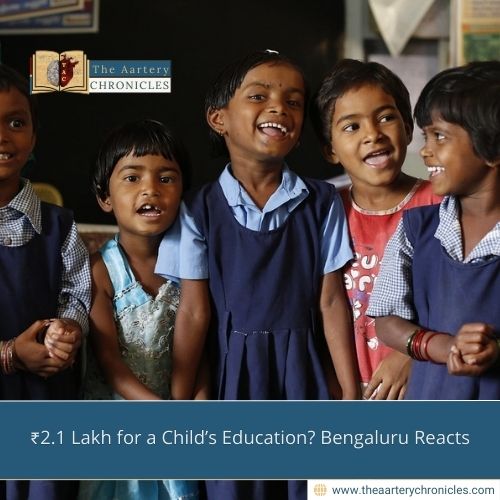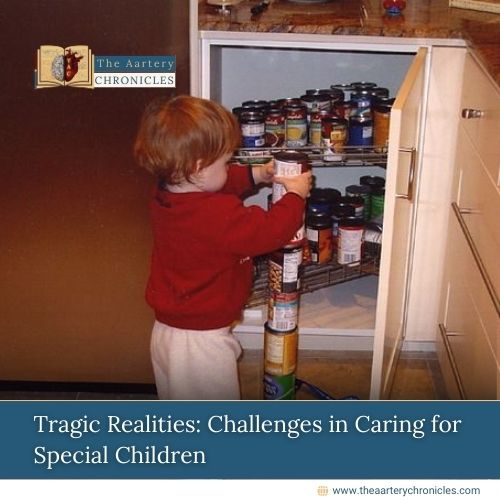

₹2.1 Lakh for a Child’s Education? Bengaluru Reacts
In Bengaluru, parents are expressing profound dismay over a viral social media post that sheds light on the exorbitant fees charged by private schools. The post specifically highlights a staggering ₹2.1 lakh fee for a third-standard student. This revelation has reignited a contentious debate on the commercialization of education.
The Shocking Fee Breakdown
The post, shared by the Voice of Parents Association, meticulously outlines the fee structure: ₹1.9 lakh designated for tuition, ₹9,000 as annual fees, and ₹11,449 allocated under “imprest.” Such figures have sparked widespread criticism, with many arguing that no inflationary pressures can morally justify such steep financial demands on parents.
Government Regulation: A Conspicuous Absence
While the government rigorously regulates engineering college fees, it conspicuously sidesteps the issue of school fees. Critics contend that this regulatory disparity permits unchecked profiteering within the education sector, prompting accusations that “there’s no business like school business.”
Advocating for Change: Voices of Dissent
The Voice of Parents Association vehemently opposes the exploitation of educational institutions for profit. Emphasizing that schools have the constitutional right to establish and manage their operations, they stress that this should not translate into mismanagement or excessive profiteering. They call for robust regulatory measures, including establishing fee determination committees to ensure fair and transparent practices.
Challenges and Controversies
Despite constitutional protections, concerns persist over exploiting regulatory loopholes and weak enforcement mechanisms. Critics argue that corruption further exacerbates these issues, underscoring the urgent need for stringent oversight and accountability in the education sector.
Public Reaction and Calls for Reform
In response to the controversy, public opinion remains divided. Some argue that running schools with high-quality infrastructure necessitates substantial funds, cautioning against arbitrary fee capping. Conversely, advocates for systemic change propose that prioritizing government schools could naturally elevate educational standards across the board.
International Influence and Market Dynamics
The proliferation of premium international curricula, particularly in affluent neighbourhoods like Whitefield and Sarjapur, is cited as a driving force behind escalating fees. Supporters of these curricula argue that smaller class sizes and specialized educational approaches justify the higher costs.
Looking Ahead: Toward Fair and Equitable Education
As discussions intensify, the focus shifts to balancing educational quality with affordability. The consensus points toward the imperative of government intervention to ensure accessible, high-quality education for all children, irrespective of economic status.
Conclusion
The uproar over Bengaluru’s school fees underscores deep-seated concerns about the commercialization of education. As stakeholders continue to debate, the urgent need for regulatory reform and transparent oversight emerges as crucial to safeguarding educational equity and integrity in India’s Silicon Valley.
Source: Inputs from various media Sources

Priya Bairagi
Reviewed by Dr Aarti Nehra (MBBS, MMST)
I’m a pharmacist with a strong background in health sciences. I hold a BSc from Delhi University and a pharmacy degree from PDM University. I write articles and daily health news while interviewing doctors to bring you the latest insights. In my free time, you’ll find me at the gym or lost in a sci-fi novel.








